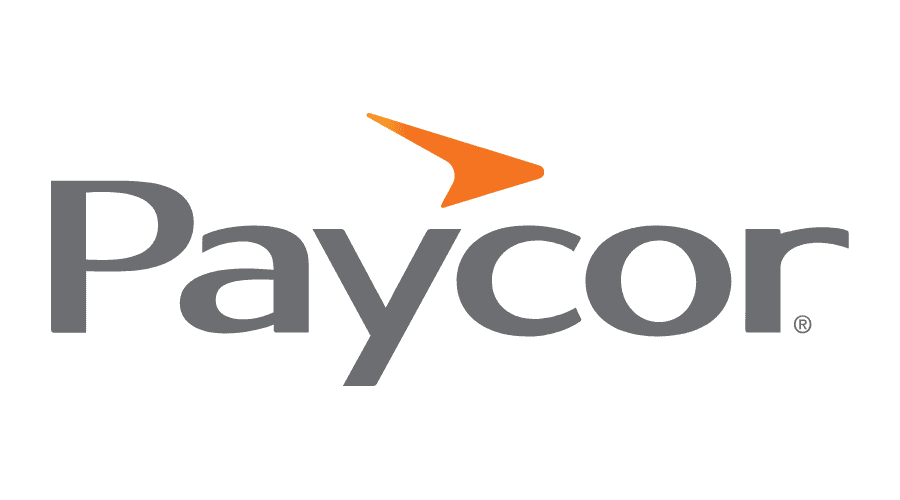Vendor Spotlight

Alora is an “all-in-one” home health software system that has been designed to handle both Skilled and Non-skilled home care services. Whether your agency is Medicare certified, purely a non-Medicare agency, or a combination of both, Alora is industry known for its flexibility, workflow simplicity, and award winning ease of use. Packed with features like integrated EVV, offline charting, and telephony, Alora has been designed to fit the unique needs of Pennsylvania home health agencies. www.AloraHealth.com

CareConnect is an AI-powered workforce optimization platform that delivers a fresh, connected experience for home care agencies and drives value from recruiting to engagement and retention. CareConnect's ShiftMatch.AI provides agencies with top tools to streamline workflows, increase referrals, reduce cost penalties, and improve caregiver engagement - all in one place.
For Agencies - CareConnect

Paycor helps leaders develop their people and build winning teams. Our human capital management (HCM) software gets you out of the weeds, our focus on talent development helps you build a great place to work and our tailored industry solutions give you a competitive advantage. Visit our website to learn more!
Advertise with PHA

Check out our 2024 Business Member Prospectus and contact Kim Whetsell to reserve your space today!